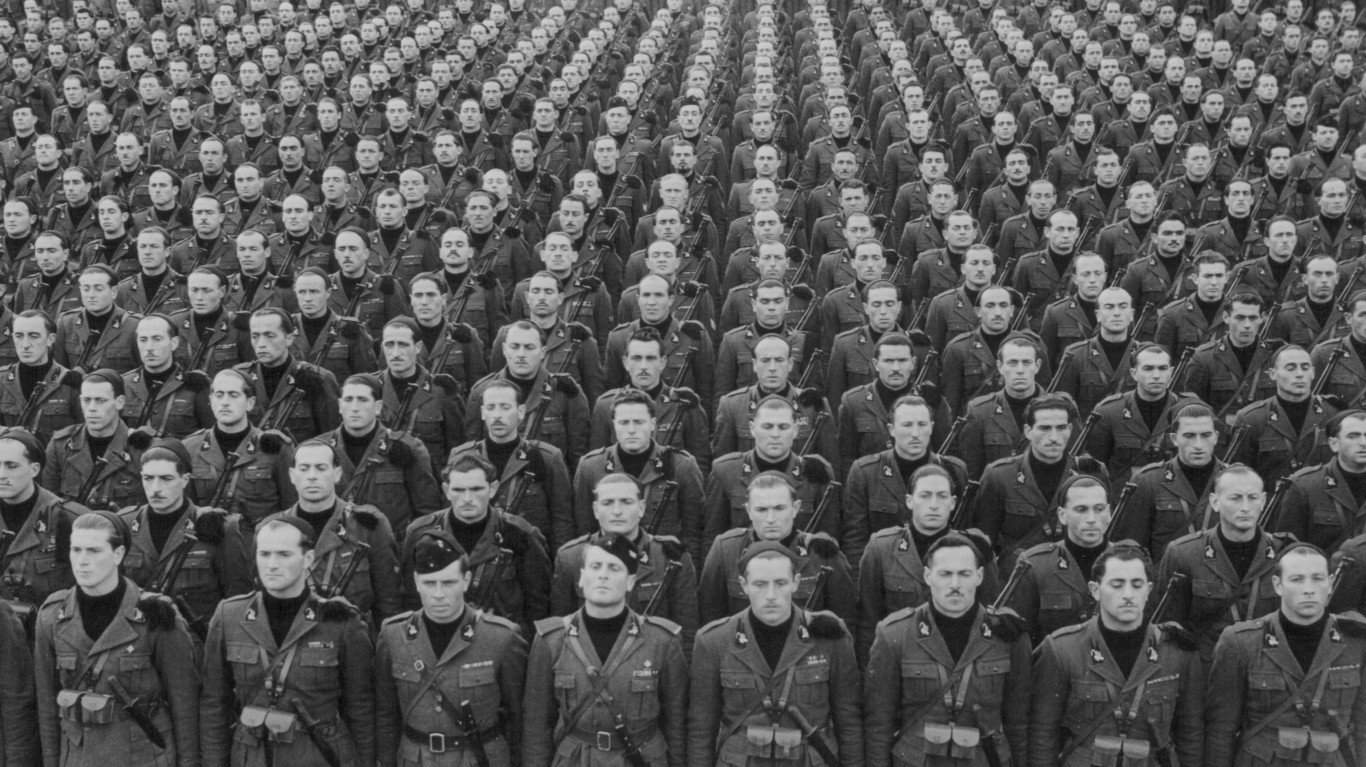

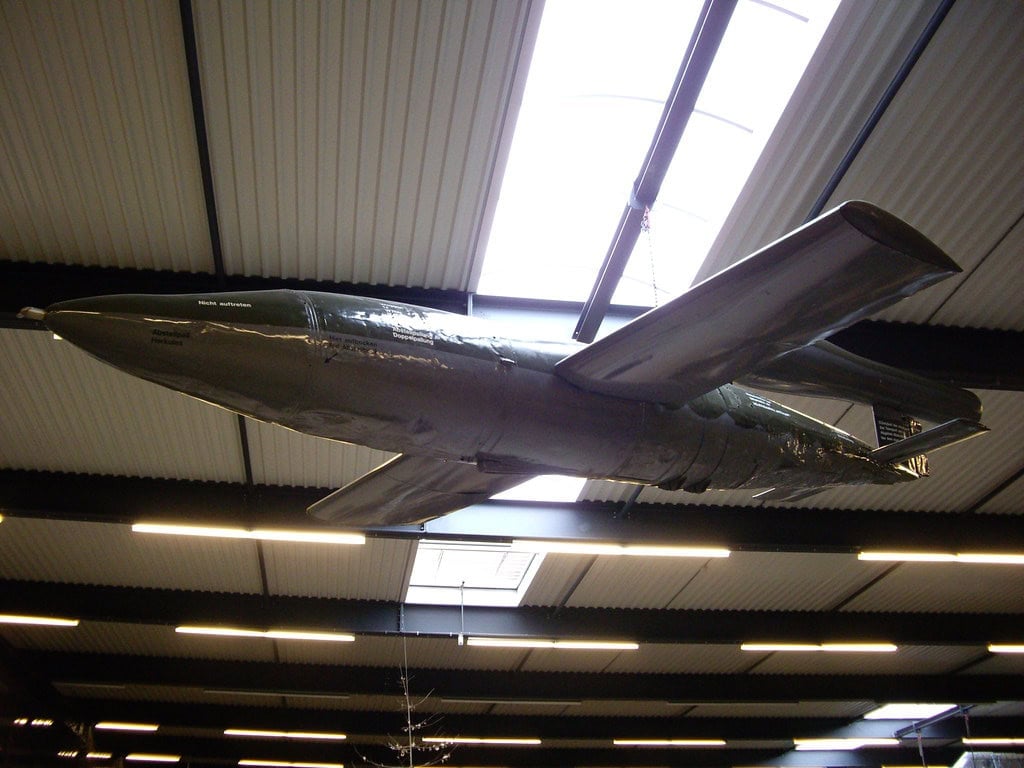
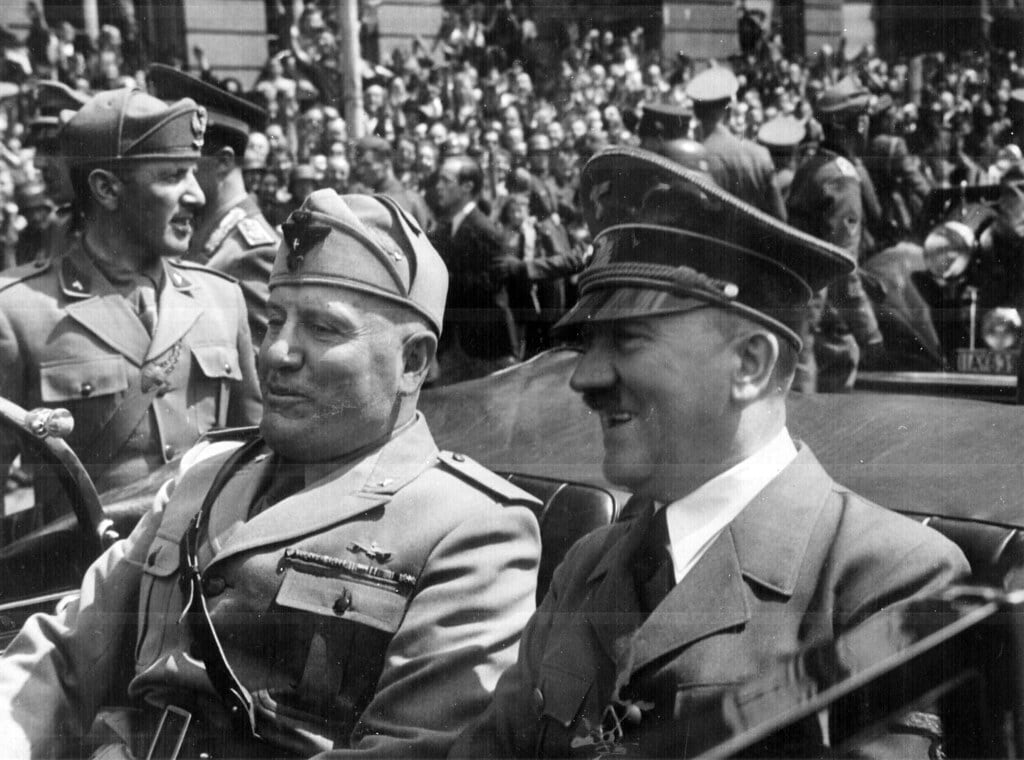

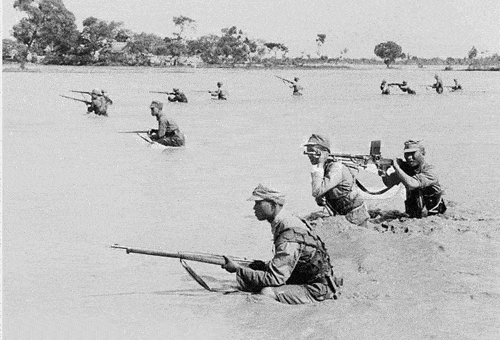

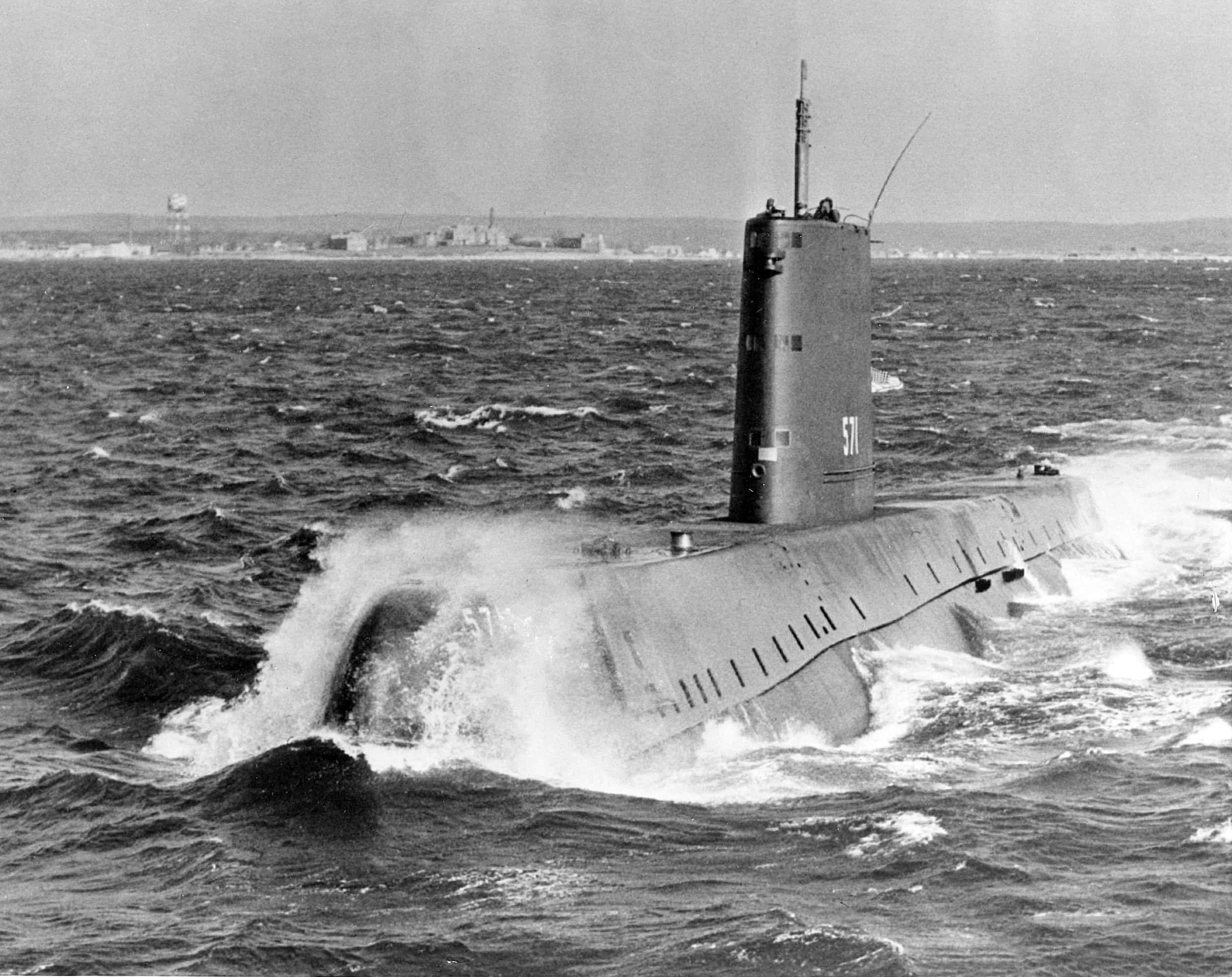

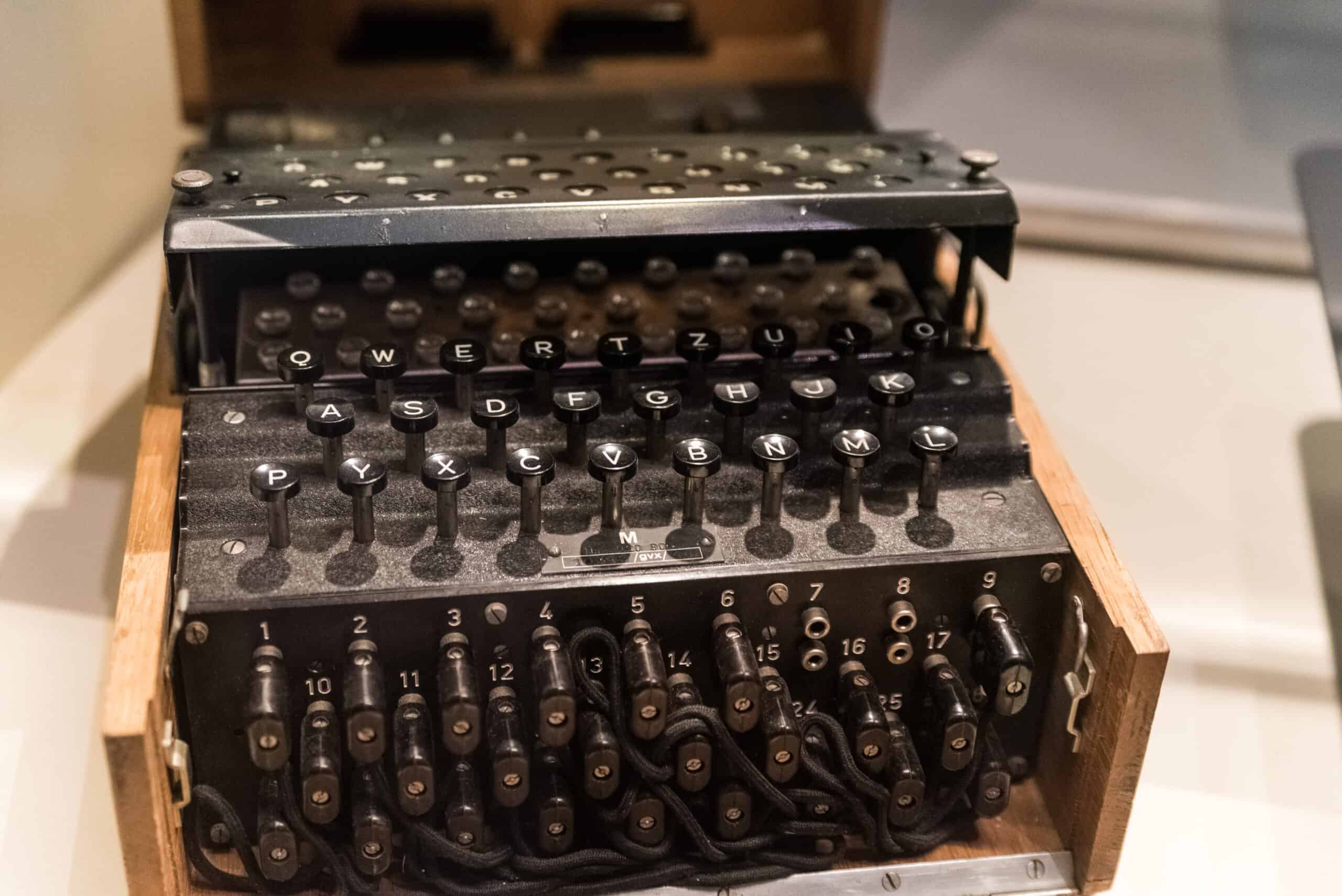
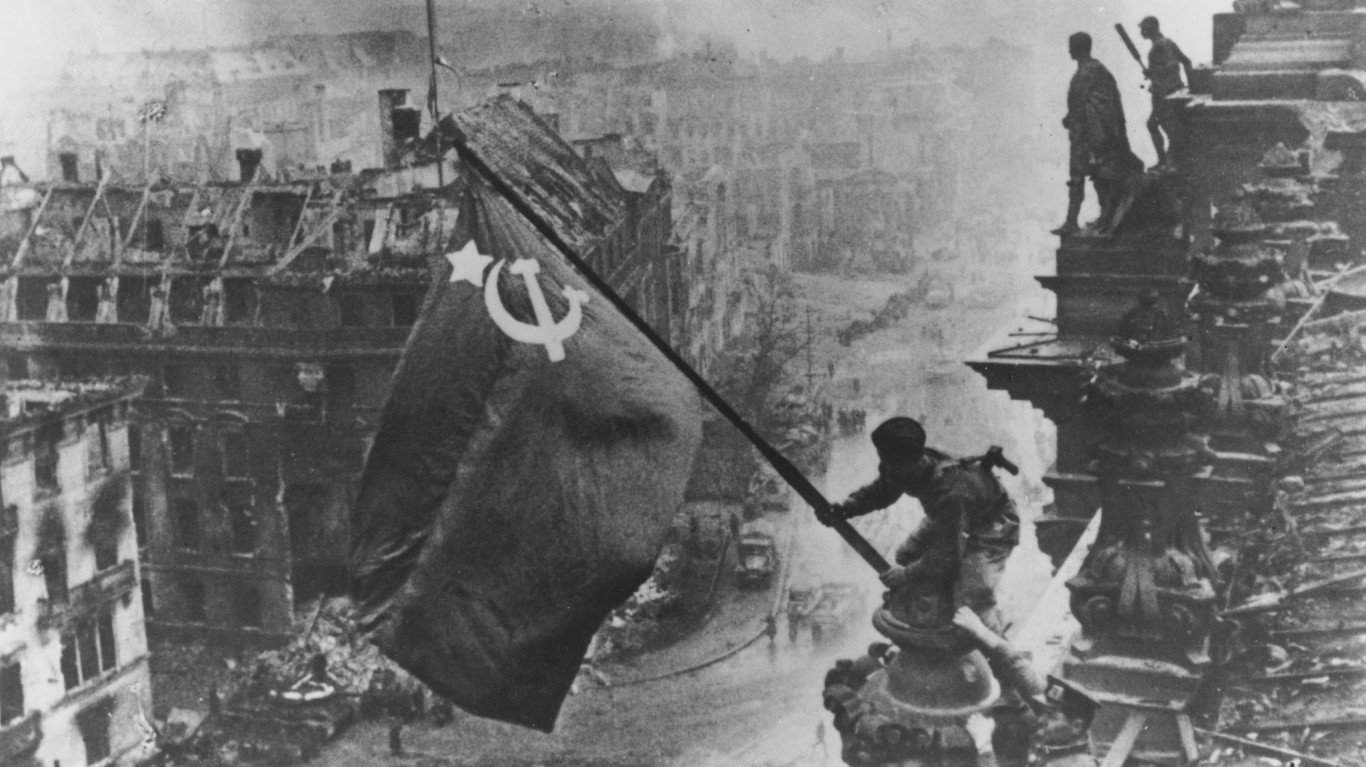

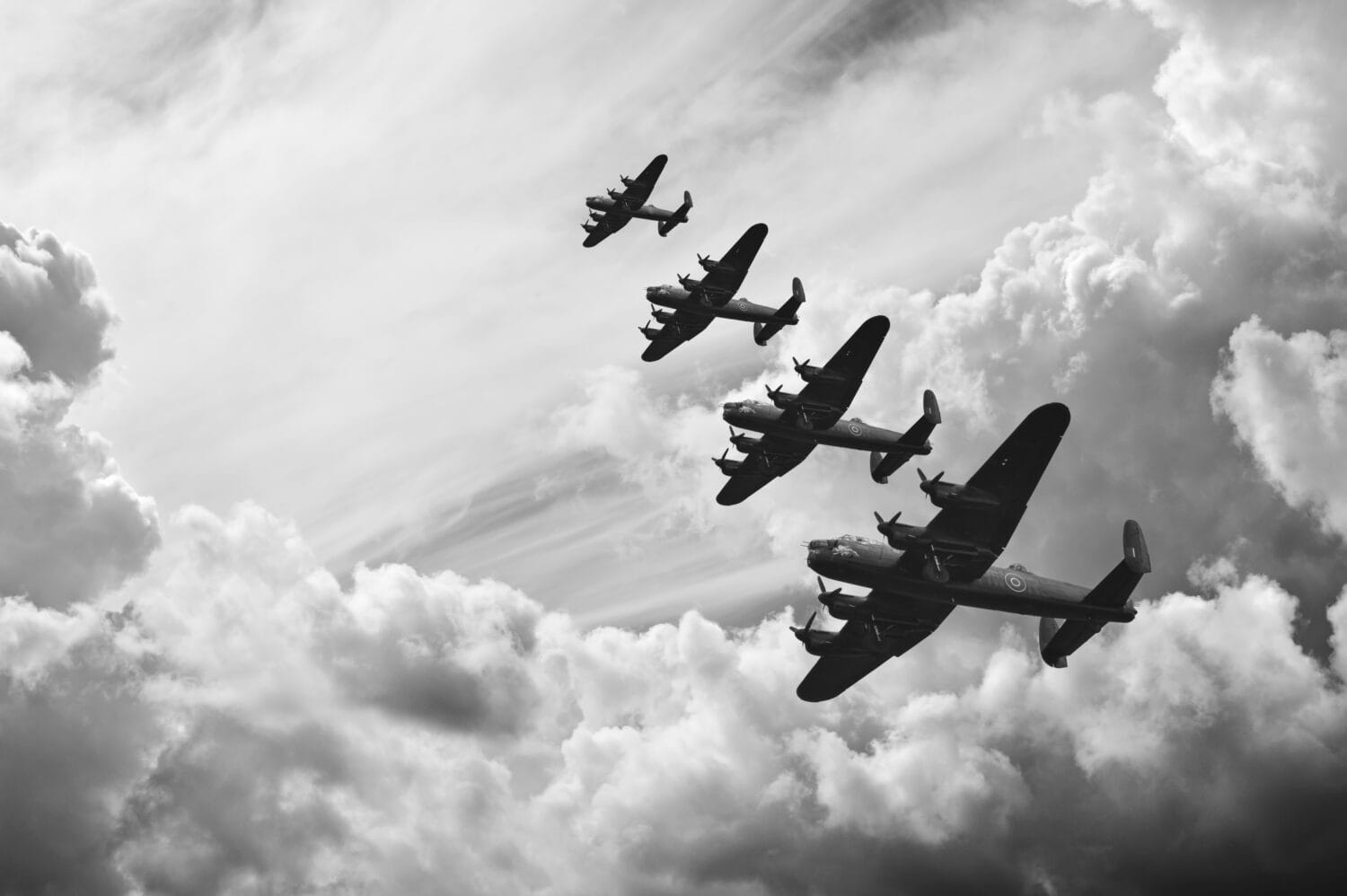
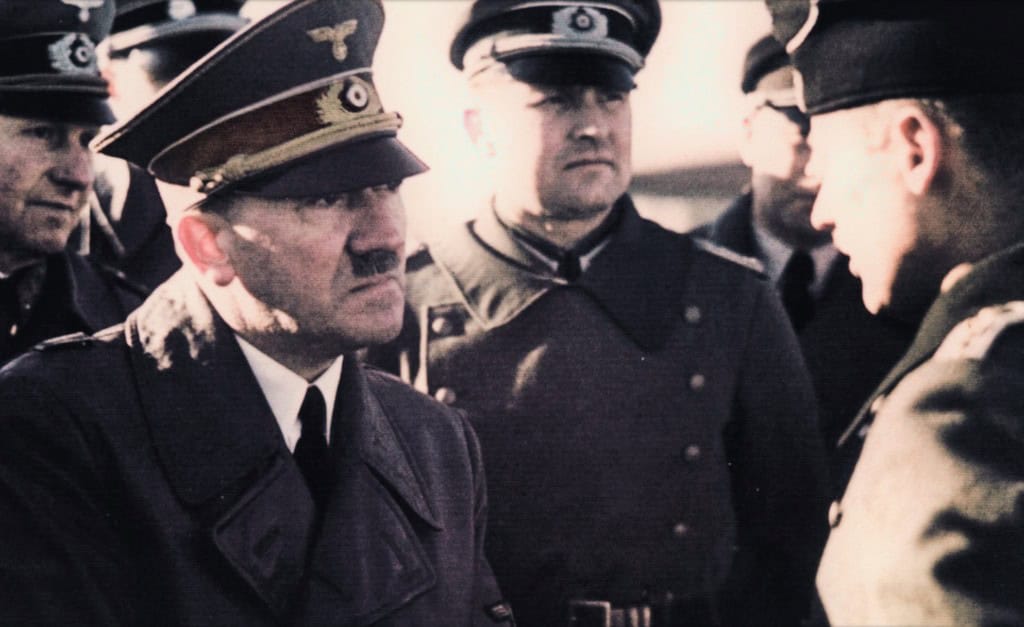
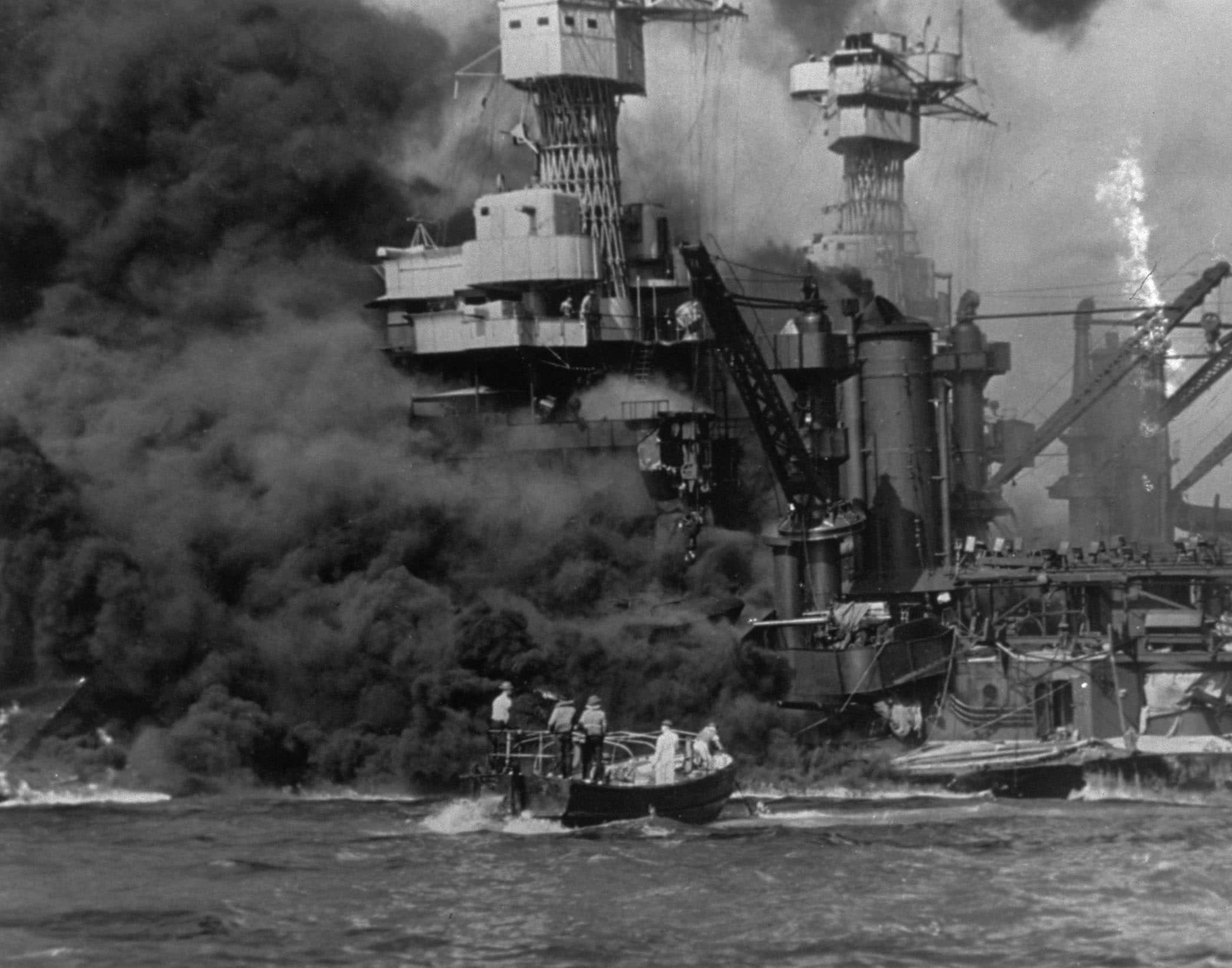

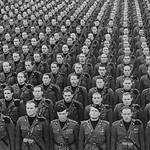


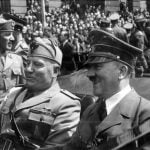



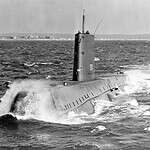








These Axis Mistakes May Have Cost Them the War
One of the worst conflicts in recorded human history, World War II will be forever remembered for the millions of lives it took, the atomic bomb, and the way it paved the way for the Cold War. The Allies might have won the war, but the cost was incredibly high. Perhaps more importantly, the outcome could have been different, favoring an Axis victory, if these powers had not made a few key mistakes.
15. Invading Greece
One of the biggest blunders on the Italian side of the war was how poorly it underestimated the fighting strength of Greece. Mussolini wanted to prove to Germany and the world that it was a force to be reckoned with, so he ordered his troops to attack Greece on October 28, 1940.
Unsurprisingly, it went poorly as Greeks counterattacked, pushing back Italy’s invasion and forcing Germany to commit troops to support Italy when these same troops were needed elsewhere.
14. Super Weapons
Instead of providing its troops with much-needed supplies during the war, Germany was hyper-focused on developing “super weapons” to help it win in one swift stroke. Weapons like the V1 and V2 rockets and giant tanks are just a few examples of the super weapons the German leadership believed would help them defeat the Allies.
13. Italian Incompetence
Even before the invasion of Greece, Germany wanted to use Italy’s large surface fleet, but it was affected by significant morale issues, and Italy had no aircraft carriers. Germany had concerns about Italy's military effectiveness but did not seek to exclude it from the war. Instead, Germany often had to support Italian efforts.
12. Spain and Turkey
At the time, the world was puzzled at why Spain remained neutral instead of coming to Germany’s aid after it received help during the Spanish Civil War. However, Spanish leadership wanted to stay neutral and wouldn’t even allow German troops to pass through the country.
Turkey, which had helped Germany in World War I, stayed out of the fighting and left Germany without a direct airspace route as it attempted to conquer Egypt.
11. Japanese Slaves
While Japan had some early victories in the Philippines and Indonesia, it failed to be the right type of conqueror. Instead of looking to create better conditions for the countries it took over, it enslaved populations and established forced labor, which eliminated any hope that these nations would come over to the Japanese side of the war.
10. The War Itself
Arguably, the biggest blunder of all is Germany’s decision to start a war in the first place. Germany wanted to expand its territory and control, and its leader wanted a war no matter what. Had Germany’s leadership focused on aggressive diplomacy, the world could have avoided the loss of tens of millions and come to a more realistic middle ground.
9. Underestimating Sea Power
As powerful and deadly as German U-boats might have been, Germany undoubtedly underestimated the importance of the oceans and seas in its war. Germany wanted all battles to be on land. Had Germany focused more on seapower, it could have blockaded Britain and successfully invaded the country, changing the war's course.
8. Battle of Dunkirk
After Germany successfully invaded Poland, Britain and France unilaterally decided to defend their ally. However, both countries were slow to react and gather forces. The blunder was that Germany, despite its military superiority, failed to advance on Allied forces due to its leadership.
As a result, 340,000 British troops retreating from Dunkirk was not the victory Germany hoped for, as Britain saw it as a tactical victory that its troops would live to fight another day.
7. Enigma Machine
While the Enigma Machine famously helped Germany in the early days of the war with battle plans in secret, technology was also an Axis power weakness. Cracking the Enigma code was a complex process that involved significant contributions from mathematicians and cryptanalysts, including the development of the Bombe machine by Alan Turing and his team, which allowed the Allied powers to secretly learn German battle plans, contributing to victories in the Battle of the Atlantic.
6. The Winter War
Even though the Soviet Union initially signed a non-aggression pact with Germany (the Molotov-Ribbentrop Pact), it was not an Axis power. This vague position left the Soviet Union clear to invade Finland in November 1939, but it suffered multiple failures.
Ultimately, the Soviets gained significant territorial concessions from Finland, but the cost in terms of casualties and resources was substantial.
5. Underestimating US Industrial Strength
What Germany and Japan learned too late may be one of their biggest blunders, as they underestimated just how strong the US was at industrial production. Not only did the US build the largest navy in the history of the world between 1941 and 1945, but it also produced more planes in 1944 alone than Japan did during the entire war, allowing the US to overwhelm on both battlefronts.
4. Battle of Britain
With Germany focused on invading Britain and sending its Luftwaffe to conduct wave after wave of attack, it failed to destroy the Royal Air Force. Radio stations and critical infrastructure suffered, but not enough to reduce Britain’s willingness or ability to fight. Instead, pilots from the Czech Republic, Poland, and France all linked up in Britain to take the fight to Europe.
3. Germany Declaring War
With Germany allied with Japan, it declared war on the United States on December 11, 1941, a notable blunder that likely cost Germany the entire war. There was no guarantee that the US would immediately enter the European theater after Pearl Harbor, as the anti-interventionalist movement in the US was still strong against the fight in Europe. However, German leadership ignored high-level warnings and forced the US to begin combat operations.
2. Attacking Pearl Harbor
While there is no guarantee the US wouldn’t have entered the war sometime in 1942, the attack on Pearl Harbor awoke a “sleeping giant.” With Japan feeling vulnerable against economic sanctions from the US, as well as the US providing aid to China, Japan attacked on December 7, 1941. The US declared war the next day, and it led up to the dropping of two atomic bombs, decimating Japanese cities in 1945.
1. Germany Invading Russia
Known as Operation Barbarossa, Germany wanted to fulfill its “destiny” by claiming Soviet Union territory. The German military was overconfident, leading to some of human history’s most significant and deadliest battles. In the end, millions of troops died as 132 Russian divisions faced off against 117 Axis divisions, leading to Germany’s eventual retreat and surrender.
The image featured at the top of this post is ©FPG / Archive Photos via Getty Images